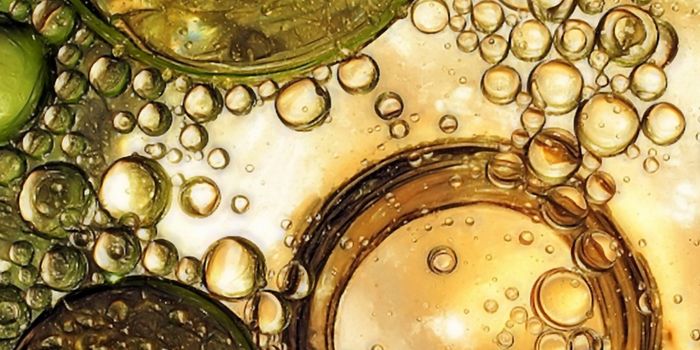To treat invading tumors in the body, doctors often recommend radiation therapy – a procedure that zaps the tumor with high-energy rays in an effort to shrink it. While the procedure can be quite effective, side effects of radiation therapy can be severe. In some cases, it can actually lead to secondary cancers.
To reduce the risks of side effects to the patients, researchers at the University of Pittsburgh developed a
new topical treatment. Applied on the skin before or after the radiation procedure, researchers say skin damage is effectively minimized in both mice and human trials.

"During the course of radiation therapy, patients can develop irritating and painful skin burns that can lead to dangerous infections and diminished quality of life," said Dr. Louis Falo, chairman of the Department of Dermatology at the Pitt School of Medicine and the senior author of the study. "Sometimes the burns are so severe that patients must stop their treatment regimen.”
If the side effects of the treatment can be so severe that the treatment can no longer be administered, then it’s no longer effective. To mitigate this, Falo and his team collaborated with other researchers to halt radiation poisoning.
The team developed a topical agent containing molecules that soak up oxidative free radicals formed during radiation exposure. These free radicals are the ones that promote inflammation and cell death. Thus, if their presence is reduced, cell damage is also mitigated. “Our results show that topical treatment with this therapeutic agent prevents skin damage at the source,” said Falo.
"This provides for potentially improved treatment options for patients undergoing radiation therapy with the prospect for more simplified treatment regimens and reduced concern about quality of life post-treatment," Peter Wipf, one of the collaborators on the project.
Beyond preventing radiation poisoning from cancer treatments, the team is also interested in adapting the topical agent into a potential new sunscreen. Given that the skin is our biggest organ and that sun damage is the leading cause of skin cancer, the topical treatment could drastically reduce the incidence of skin cancer. For now, the researchers are looking ahead to clinical trials to test the safety and efficacy of this treatment.
Additional sources:
University of Pittsburgh press release
 "During the course of radiation therapy, patients can develop irritating and painful skin burns that can lead to dangerous infections and diminished quality of life," said Dr. Louis Falo, chairman of the Department of Dermatology at the Pitt School of Medicine and the senior author of the study. "Sometimes the burns are so severe that patients must stop their treatment regimen.”
"During the course of radiation therapy, patients can develop irritating and painful skin burns that can lead to dangerous infections and diminished quality of life," said Dr. Louis Falo, chairman of the Department of Dermatology at the Pitt School of Medicine and the senior author of the study. "Sometimes the burns are so severe that patients must stop their treatment regimen.”







